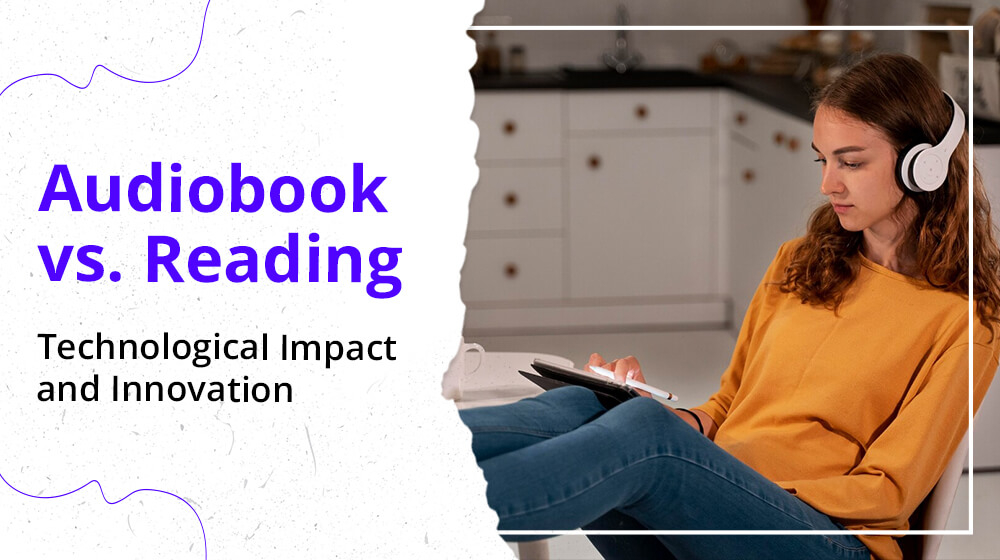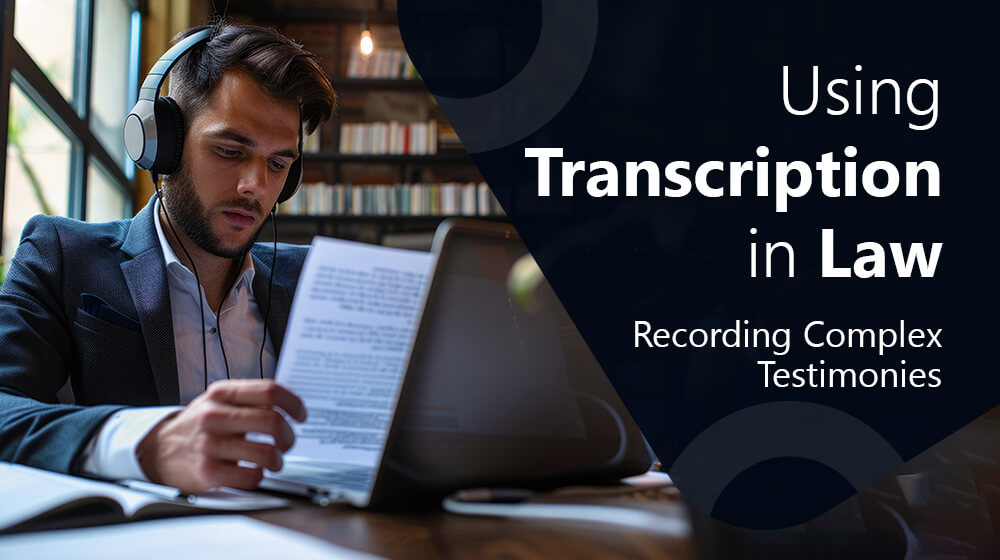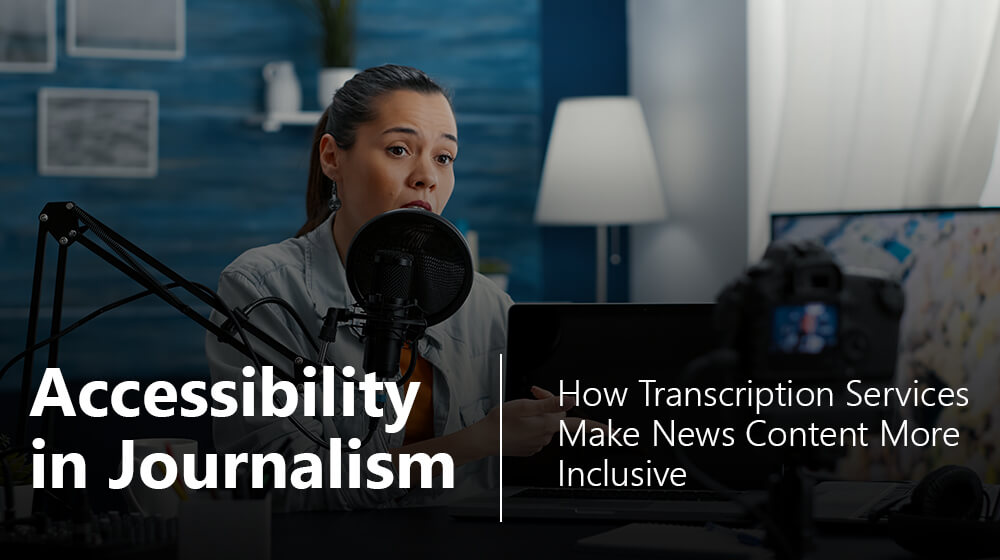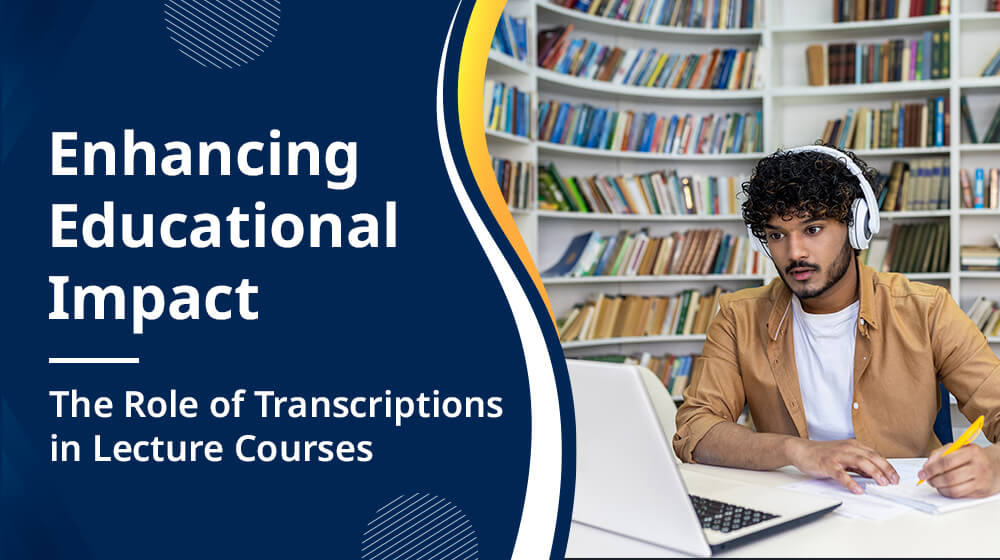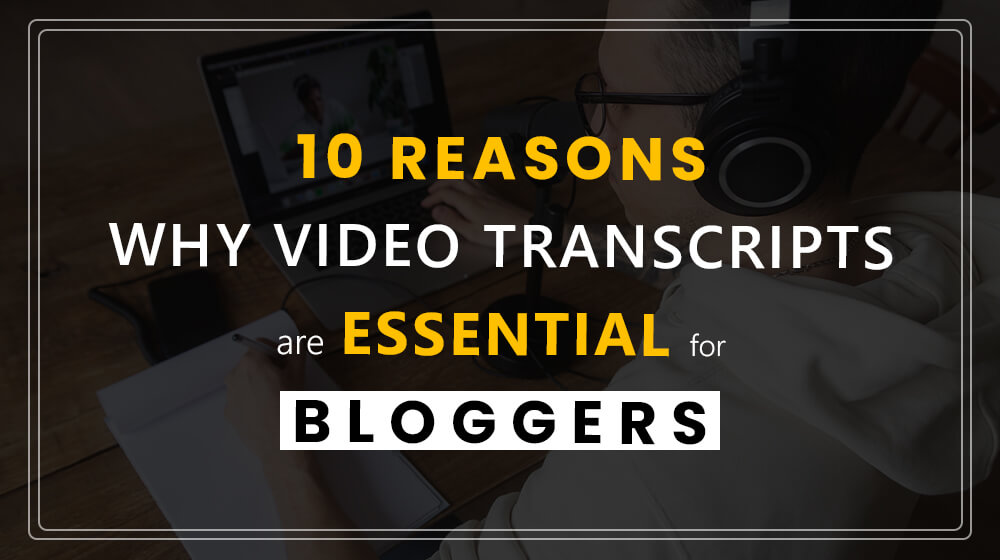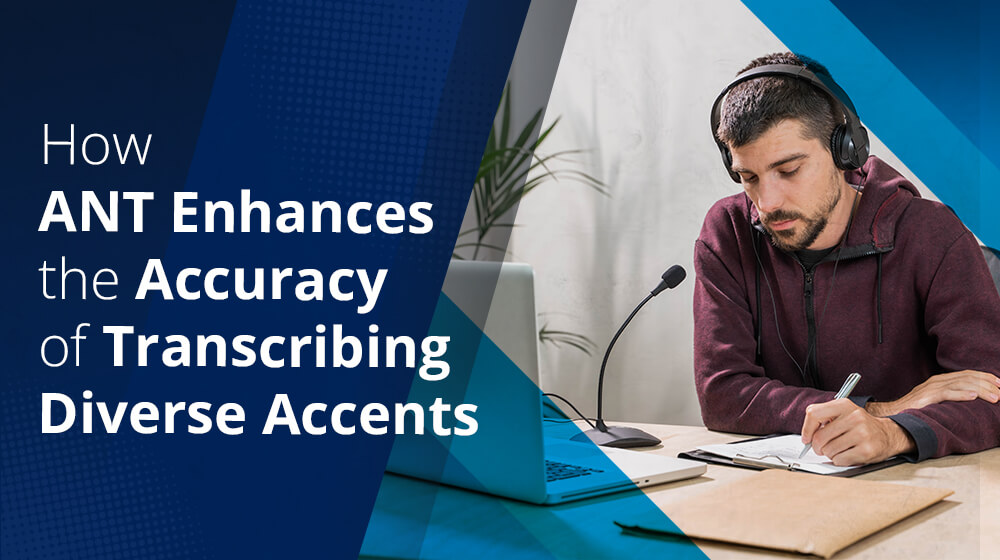Edison Research’s 2024 survey revealed that 52% of U.S. adults, nearly 149 million people, have listened to an audiobook. While audiobook listeners are on the rise, this trend raises the question: Is it a replacement for traditional reading? Explore how the reading landscape has evolved and why physical reading remains irreplaceable.
The Initial Phase
The first audiobook was created in 1932 by The American Foundation for the Blind on vinyl records to make literature accessible to the visually impaired. Audiobooks evolved from the 1960s to the 1980s with the advent of compact discs and cassettes
In 1997, Audible pioneered digital audiobooks with the release of the first mass-market digital media player.
Technological Advancements and Audio Books
Despite being introduced in the 1990s, audio books gained popularity after the availability of streaming services and the widespread use of smartphones and tablets. Dedicated applications and seamless integration with emerging technologies also contributed. The global audiobook market is projected to reach USD 35.04 billion by 2030, expanding at a CAGR of 26.3% from 2023 to 2030.
Conventional Reading Experiences
The thriving audiobook market isn’t the whole story; many readers still cherish the joy of offline physical reading. A Stora Enso survey of 2,400 readers in the UK, France, Germany, and the US found that people overwhelmingly prefer physical books for their look, feel, and even smell. Survey results showed 65% of respondents preferred reading physical books, compared to 21% who chose e-books and 14% who favored audiobooks.
Audio Books Versus Reading Experience
Now the question is, is an audiobook an alternative to reading? The following points attempt to answer the question:
Immersive Experiences
Holding a book and turning its pages offers a personal journey, allowing the reader to set the pace and visualize the story uniquely. Audiobooks, with their narration and sound effects, provide an engaging alternative but can’t fully replicate the satisfaction of reading.
Comprehension and Retention
Engaging with text through re-reading, highlighting, and note-taking enhances understanding and memory. While audiobooks help auditory learners by conveying emotions, they lack the focused engagement traditional reading provides, leading to deeper learning and retention.
Convenience and Accessibility
Finding time and a quiet space for reading creates a calming ritual, unmatched by other formats. Audiobooks are convenient for multitasking and accessible to those with reading difficulties but can’t replace the tactile pleasure and focused engagement of reading a book.
Variety and Choice
Books come in various formats, each offering a unique sensory experience. Audiobooks cater to different preferences with diverse narrative styles, but they complement rather than replace the rich and fulfilling experience of traditional reading.
Cost and Accessibility
Books can be bought or borrowed from libraries, providing lasting connections and experiences. E-books are often more affordable and portable, though they may require an initial investment. Audiobook subscriptions offer access to vast libraries for a monthly fee, adding value but not replacing the timeless experience of reading.
Lasting Value
For centuries, reading has been a cornerstone of learning and entertainment, fostering imagination, critical thinking, and empathy. It connects generations through shared stories and knowledge, offering a sense of continuity and tradition. Audiobooks and ebooks enhance this experience but cannot replace the fundamental value of reading.
Artificial Intelligence and Reading
With AI making narrations cheaper and easier to access, the audiobook market is booming. However, it hasn’t replaced physical reading. Readers use AI for personalized book recommendations, tracking reading habits, and enjoying features like voice-controlled audiobooks and augmented reality in e-books.AI also provides real-time translations and transcriptions, making reading more accessible.
Current Trends
Despite all the technological advancements, like the introduction of audiobooks, the long-standing tradition of reading has stayed strong. Reading is still a major way for many adults to learn new things, relax, and enjoy themselves. The feel of holding a book and turning its pages offers a unique experience that technology cannot replace. Whether for gaining knowledge, escaping into a story, or simply unwinding after a long day, reading remains an important and cherished activity for countless people.
Conclusion
Audiobooks have transformed conventional reading methods, but they haven’t replaced traditional reading. Many avid readers still prefer reading over listening. Technological advancements have made converting content from one form to another easier and more accurate. Text-to-audio conversion benefits the new generation and visually impaired individuals.
Similarly, at ANT Datagain, we help clients convert audio to text for better documentation and Analytic accessibility.

